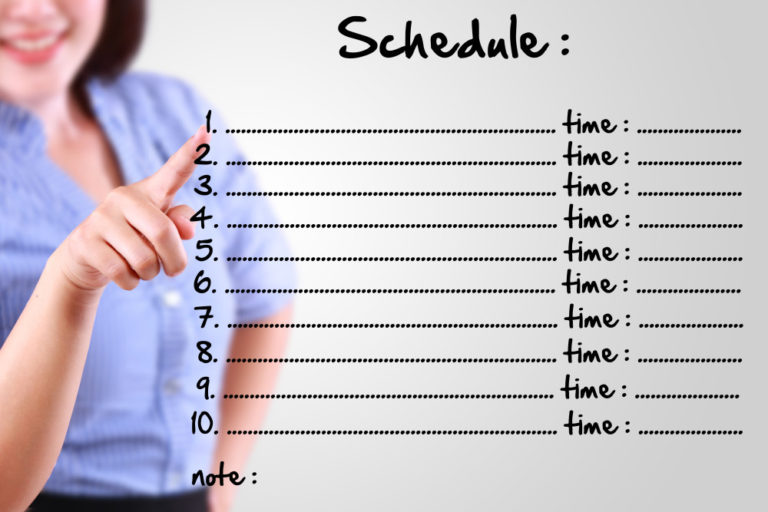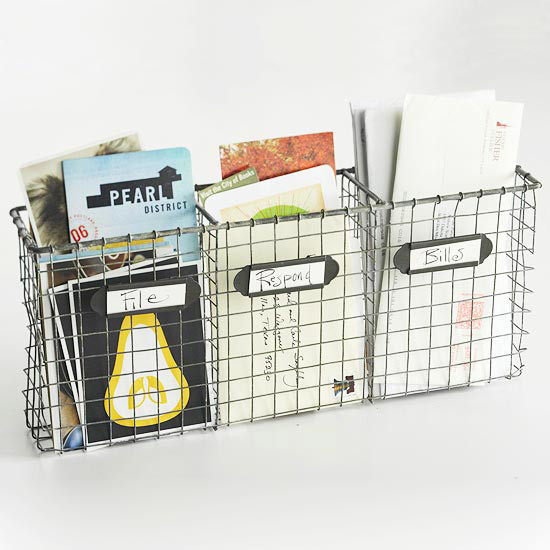Planning is a great tool for you to grow your business or your career. Why is planning so important? you may ask.

If you fail to plan, you are planning to fail – Ben Franklin
Let’s invert that statement: Be sure to plan, and you will SUCCEED.
When you take time to plan, you ARE more in control of your life. You know what you have coming, and you get noticed as a doer; someone who gets things done.
And planning doesn’t take long! 30 minutes is plenty of time. So, plan for success!
For example: When my husband Frank came back from a writing conference, he had so many ideas for marketing his next book that he was having trouble keeping it all straight, and he was stressed about it. As I do with my time coaching clients, I suggested we sit down and brainstorm all the ideas he wanted to put into place and schedule them.
He said: “That helped me prioritize, categorize, define and lay out a game plan for the next 3 months, which is critical for a successful book launch. Now I can focus on my work and not get distracted by unknowns. I can work with more confidence.” ~ Frank Morin, Author
- Planning gives you weekly time to think about your business. I take this time to think about at least one new thing I would like to do differently or more efficiently.
- By taking time to plan, your week is geared toward YOUR goals. This is a major difference between doers and followers. To gain traction in any position, you must set and achieve goals to improve your performance. You will rise to the top and get noticed as a person who gets things done.
- Planning gets you motivated for the week. What are you most excited about this week? What kudos are you looking forward to? Do you have a time planned to get together with someone fascinating or talented?
- Good planning helps you anticipate complications, which means less time putting out fires.
- Planning causes focus on priorities and what’s important; less distracted by minor events or tasks. This is true at work AND at home. Want more free time? Plan. To finally make progress on your goal? Plan. Want to be truly able to focus on your family while home? Plan. Planning is the answer, my friends.
- Looking ahead to the week’s appointments helps avoid scheduling conflicts or double-booking. Have you allowed enough time for the meeting with your client Amy? How long did your last meeting last? If you don’t plan properly, Amy’s meeting may spill over into another person’s appointment time, which may upset that next client.
When I don’t plan, things go haywire. A few weeks ago, I was getting ready for a last-minute trip. I hadn’t planned on Monday. Big mistake. I almost missed my call with my business coach, which I’ve NEVER forgotten before. And I was so distracted that day I missed a reminder text from my Aesthetician, so I missed my facial, and probably annoyed her. I felt frazzled and definitely NOT together. Not a good feeling, because I like to have my ducks in a row!
- Improve performance: Proper Planning Prevents Poor Performance. ~ Gary Ryan Blair Proper planning makes you better prepared for meetings and client interactions. Tracking how long different clients take and how long it takes you in between to prepare for the next person/meeting will save anxiety. I know a financial planner who always allows herself 30 minutes between each client to prepare for the next one; a practice that has worked well for her. Also, you will be more able to focus completely on the client you are with when you are not worried about timing or lack of preparation
- Be flexible. Remember, plans change. Your priorities may change as the week goes on, or you may have to deal with an emergency. Make it work for you!
Source: www.moneyunder30.com



 Even though I was determined in that moment to ban the evil chocolate from my diet, I might feel differently a week later when I see my son eating a piece of his Christmas chocolate and I have a strong craving for it. I can smell it. Ooh it smells good. I see him enjoying it. I can almost taste it. That’s it—I will have just one piece. And BOOM! My resolution is thrashed. It’s over. I failed. Right?
Even though I was determined in that moment to ban the evil chocolate from my diet, I might feel differently a week later when I see my son eating a piece of his Christmas chocolate and I have a strong craving for it. I can smell it. Ooh it smells good. I see him enjoying it. I can almost taste it. That’s it—I will have just one piece. And BOOM! My resolution is thrashed. It’s over. I failed. Right?




 ny paper towels, right? That’s what my Dad believes, and his philosophy rubbed off on me. But seriously. I asked my 8 year old boy to inventory the paper products before I went to Costco. Serious error on my part. Now we have close to 40 paper towel rolls in the garage.
ny paper towels, right? That’s what my Dad believes, and his philosophy rubbed off on me. But seriously. I asked my 8 year old boy to inventory the paper products before I went to Costco. Serious error on my part. Now we have close to 40 paper towel rolls in the garage.


 Clutter. It magically accumulates, it seems. We bring home groceries, the mail, the junk mail, meeting agendas, et cetera. Follow these 7 tips to quickly clear your counter, desk, or command center.
Clutter. It magically accumulates, it seems. We bring home groceries, the mail, the junk mail, meeting agendas, et cetera. Follow these 7 tips to quickly clear your counter, desk, or command center.


 have any fears, tendencies or habits to overcome? How can you overcome them? Record your ideas.
have any fears, tendencies or habits to overcome? How can you overcome them? Record your ideas.


